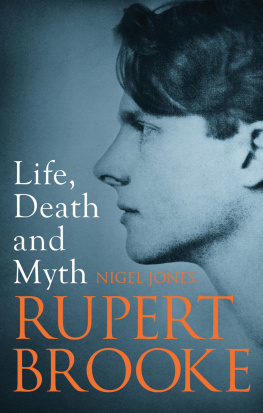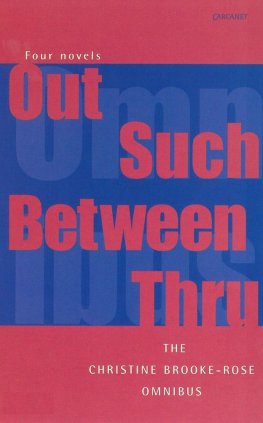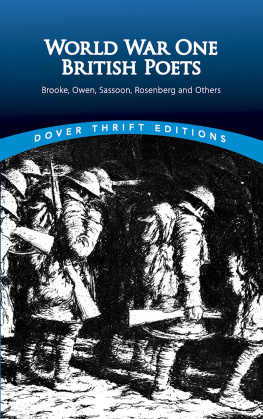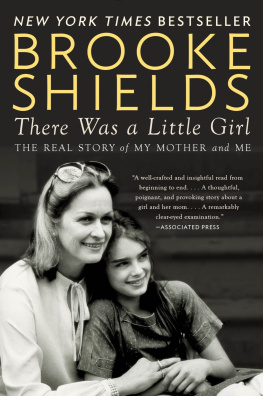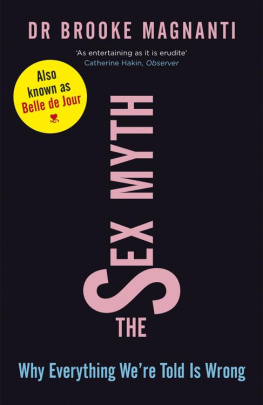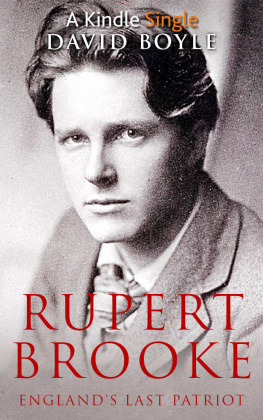
www.headofzeus.com
For Lally
with love
Contents
Main Text
Whats in a name? Rupert Brooke isnt it a romantic name? trilled Lytton Strachey to Virginia Woolf after meeting the brilliant and handsome young Cambridge freshman who was about to conquer the university, just as he had cut a swathe across the sacred sward of Rugby Schools famous Close.
It takes a huge leap of the imagination for us, at the end of the century whose batting he opened, to imagine what the mere words Rupert Brooke conjured up for his contemporaries and the generations that followed his death en route to the blood-drenched beaches of Gallipoli. Those three syllables encapsulate a world: a timeless world of honeyed teas, cricket whites on greens, the rap of leather on willow and the mild ripple of applause that follows, punts languidly negotiating a river bend where weeping willows lean, girls in gypsy headscarves and floppy-haired young men; a world where except at rural camps someone else was always there to cook and clean. A world of class distinctions, rotten teeth and people who knew their place. But I find myself drifting into one of Brookes list poems, in which, simply by ticking off material objects in which he took delight, he attempted to summon and sum up a world to defy time, change, decay or, in one of his favourite words, transience.
It is a measure of Brookes success as a writer that it is so difficult for us to picture the Edwardian and Georgian period in which he bloomed except through the rosy-lensed prescription glasses that he provided. But the golden glow surrounding him and his friends, the misty aura that he so mysteriously casts over his era, is essentially sentimental and false. It is a myth created not so much by Brooke himself but by some of his friends, and by politicians, propagandists and a public hungry for heroes in a war of unprecedented ferocity and tragedy.
One of the many paradoxes about Rupert Brooke is that no one more bitterly loathed sentimentality than he did. E. M. Forster remarked that he did not envy anyone who applied to Brooke for sympathy, since his hatred of slosh ran so deep that it had poisoned the eternal wellsprings and curdled the milk of human kindness. And yet both Brookes persona and his best-known poetry are steeped in mawkishness. He has clothed his attitude in fine words, but he has taken the sentimental attitude, his fellow war poet Charles Hamilton Sorley justly remarked of the famous 1914 sonnets. Some of Brookes lines have entered the language, certainly; but what lines a glance at the Penguin Dictionary of Quotations gives the answer: Stands the Church clock at ten to three?/And is there honey still for tea? If I should die, think only this of me:/That theres some corner of a foreign field/That is for ever England. Now, God be thanked Who has matched us with His hour/And caught our youth, and wakened us from sleeping. And so on. There is little sense here of the bitter Brooke whose sour love sonnets usually ended with a spurt of vitriol at the beloved; nor of the sick Brooke whose sonnet comparing seasickness to the pangs of love Tis hard, I tell ye/To choose twixt love and nausea, heart and belly so outraged his contemporaries; and not just for its awful closing rhyme.
Yet such paradoxes litter his life: the super-patriot of 1914, the chauvinistic fugelman, as Michael Holroyd characterizes him, was also the socialist who proclaimed in 1910: I hate the upper classes. The Great Lover of women was almost exclusively homosexual in spirit if not often in flesh at Rugby and Cambridge. The youth whose carefree charm dazzled (almost) everyone who met him could also admit that his air of easy grace was an assumed act, a careful performance: Oh yes, I did the fresh boyish stunt, he boasted airily after his first meeting with a bedazzled Henry James, during which he poled the Master down the Cam in a punt. Sure enough the besotted novelist joined the legion of Brookes admirers, to the extent that his last published work was an introduction, dribbling with doting drool, to Brookes posthumous Letters from America .
Brooke was a formidably energetic letter-writer few weeks passed in his adult life without at least one, more often three or four, lengthy screeds splashing from his pen, to his biographers mingled delight and despair who was also permanently prey to nervous exhaustion. The Brooke whose sheer love and zest for life shines out in the scores of recollections and memoirs of him could speak and write privately with a scorn, prejudice, paranoia and downright madness that can still shock the unprepared reader. The open, smiling countenance hid a Dorian Gray face twisted by hatred of women, homosexuals, Jews, pacifists, promiscuity (except in himself); and above all the group of former friends we now lump together under the term Bloomsbury. The barefoot boy with the sun in his eyes and hair became a rabid ranter, obsessively raving about dirt, cleanliness, foulness and threatening to shoot himself or his enemies. Plainly there is something wrong here; badly wrong.
Brooke was, in current jargon, a control freak. Rigidly ruled and directed in his own early life by a mother whose tyrannical grip he never entirely escaped, and by the iron codes of boarding-school life, he subsequently demanded freedom for himself, yet could not bear to see the same privilege exercised by others especially women. One of his more bizarre fantasies was the idea of kidnapping a woman who briefly obsessed him Bryn Olivier and going shares with her with a male friend in Brightons Metropole Hotel. Another face of his controlling tendency was his fears about Bryn taking a country walk on her own so much so that he gravely warned her sister Noel against the danger of her being abducted in the street. So how did this hysterical bundle of prejudice, neurosis, nastiness and insanity come to exercise such a spell over so many of his contemporaries?
It was not only obviously susceptible figures like Henry James or his patron Eddie Marsh, but hard-bitten old buzzards like Herbert Asquith, Churchill, General Sir Ian Hamilton and D. H. Lawrence who fell swooning at his feet. He was welcome at the high tables of Cambridge colleges, and nursed by the Prime Ministers family at Downing Street in wartime; he conferred alone with Churchill at the Admiralty; he interviewed premiers; joined a West End chorus line; slept under the stars; seduced South Sea island maidens; and carved his name indelibly into the memories of a generation. In short, he was endowed with more than his fair share of that most intangible of all qualities: charm. He had it by the truckload.
So heavily laden with charm was Brooke that it became an insupportable burden. And it has long outlasted his brief life. One of his most critical biographers, Paul Delany, has the honesty to admit: There is something in Rupert Brooke and Neo-Paganism that still has power to charm, resist it or debunk it as we may. As to what that something is, Delany identifies it as hope. It is an emotion that, in any collective form, seems almost extinct today deposed by its bastard child, ambition. Delany also remarks that, from his earliest youth, Brooke was always performing before an unseen audience. Certainly, he was always painfully conscious of his place in posterity. At the end of a slightly callous letter to Eddie Marsh explaining why he would not be marrying the actress Cathleen Nesbitt one of many women he pursued with apparent ardour only to reject when they began to look attainable he scribbled in parentheses: This is the sort of letter that doesnt look well in a biography.
Two years later, when his early death had ceased to be a possibility to be toyed with at leisure, he wrote to another lover, Ka Cox, from the ship that was taking him to extinction on the eve of the Gallipoli campaign: Dear child, I suppose youre about the best I can do in the way of a widow They may want to write a biography! How am I to know if I shant be eminent? Its a good thing I die. Brooke was right: They did indeed want to write a biography; but the battles that ensued for possession of the barely cold corpse of his repper, as he called his reputation, would have both amused and amazed him. In the end, his friends failed him. They disobeyed his dying injunction to let the world know the poor truths about him, and they buried the real Brooke beneath a heap of rubble as heavy as the marble chunks that were heaped on his tomb.
Next page
